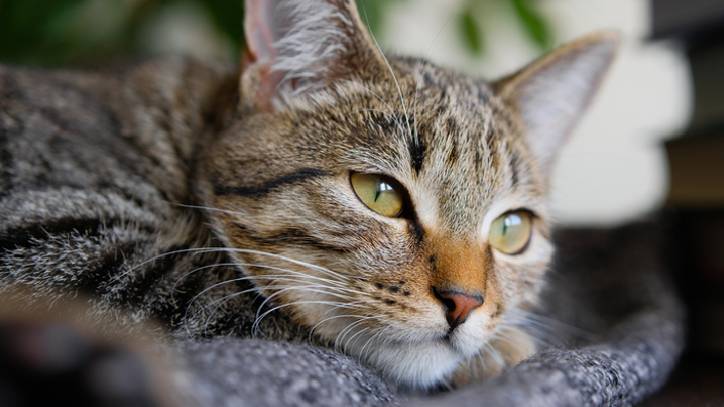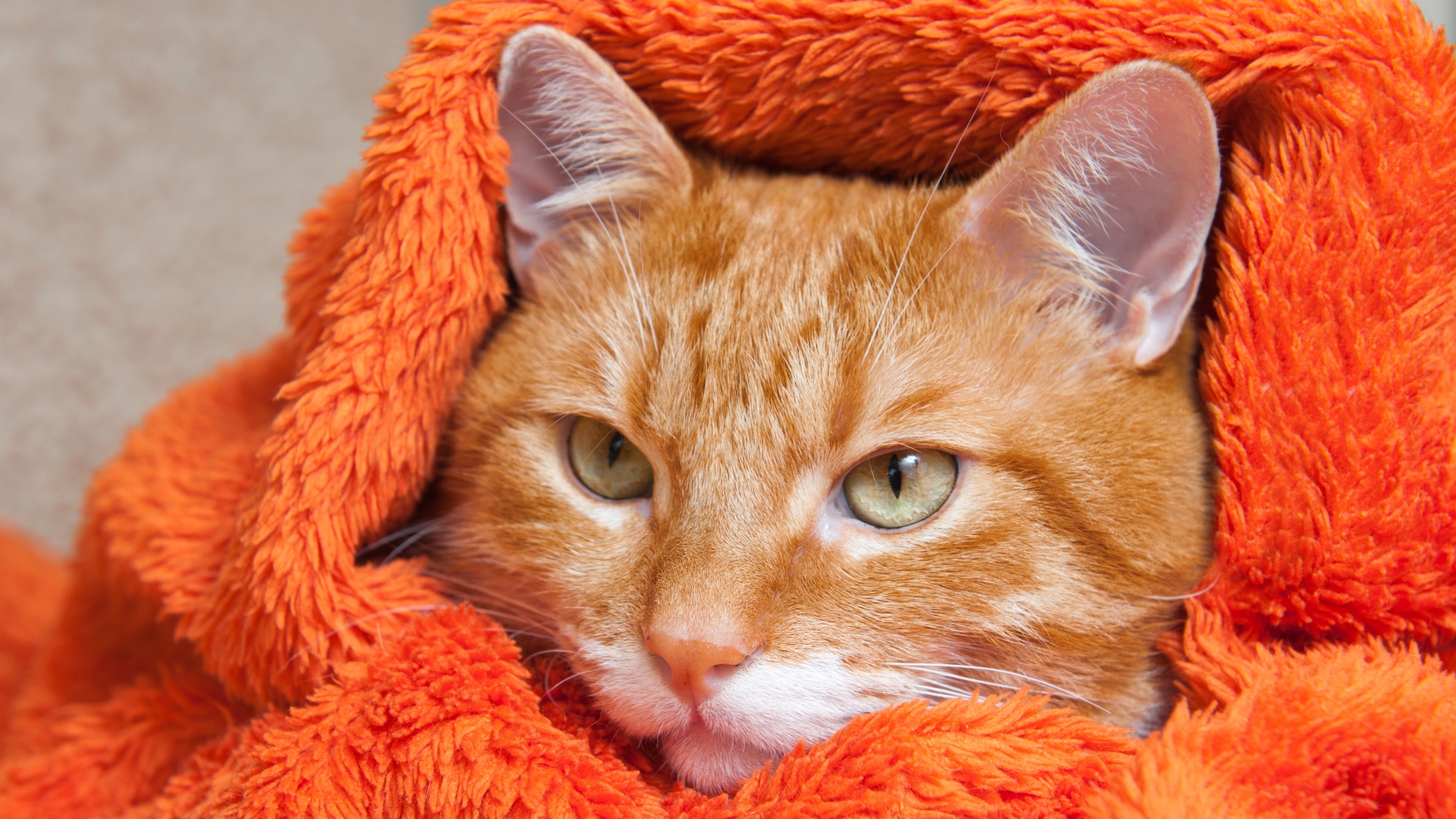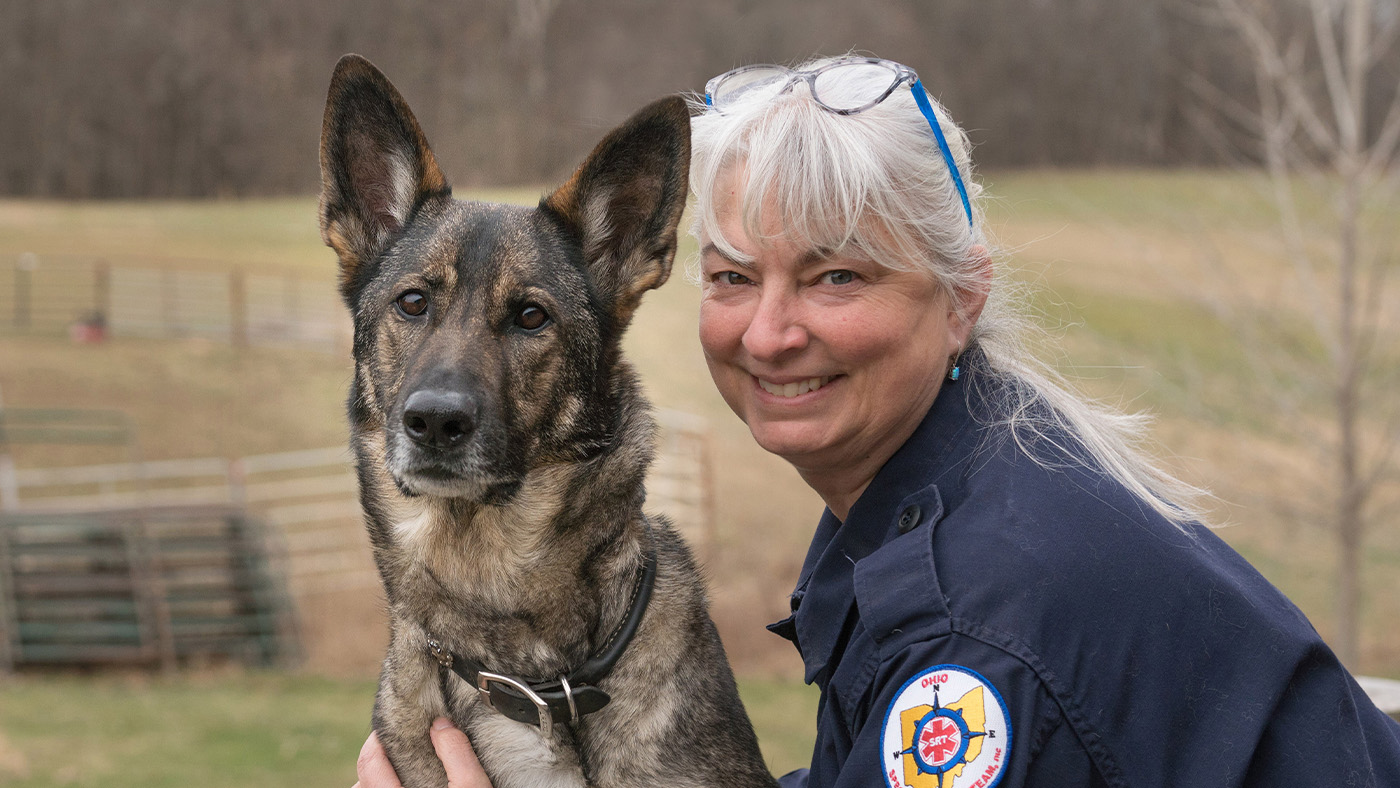Can cats get a cold? Vet's guide to symptoms and treatment
During the winter, it's common for us to get a cold, but can cats get a cold too?

If you're anything like us, the question 'can cats get a cold?' has probably started creeping into the forefront of your mind now that summer has drawn to a close and the colder winter months are ahead of us, bringing the usual seasonal colds and flu.
It’s easy enough for us to stock up on tissues and cozy up on the sofa with a blanket and a cold remedy or two. But what about our furry friends? Can they pick up a cold just like we can?
Well, the answer is yes, they can suffer from a condition called cat flu. So, what are the causes of cat flu? What symptoms might they show? How can we look after our cat companion, and when should we be worried? Let’s find out!
What are the causes of cold symptoms in cats?
Cold symptoms can be caused by an upper airway infection known as cat flu. Rather than having just one cause, cat flu can be caused by a selection of bacteria and viruses. These include Herpesvirus, Calicivirus, and Bordatella. However, it's not uncommon for other bacteria to take their opportunity once cat flu has weakened the immune system.
Since dogs can also get cold symptoms, you might wonder ‘can a cat catch a cold from a dog?’ Although dogs can be affected by viruses from the same family as cat flu, the viruses are species-specific, so they should not spread between your dog and cat. However, Bordatella bronchiseptica is the bacterial cause of cat flu but also causes kennel cough in dogs. It is possible that this germ can spread between your dog and cat, but this is uncommon.
Cat cold symptoms
If your cat has cat flu, they may have sore or runny eyes. You might notice that they can't open their eyes very well or that their eyelids and conjunctiva are red and swollen.
You might also see them sneezing, and they may have a snotty nose or appear ‘bunged up’. Cat flu often makes cats feel pretty poorly, and they sometimes have a fever, so it's common for them to be lethargic and stop eating.
How long does a cat cold last?
Cat flu usually lasts between 7 and 21 days, depending on the severity. However, there are things that you can do at home to look after your feline friend, ease their symptoms, and get them on the road to recovery as soon as possible.
Do cat colds go away on their own?
Although symptomatic treatments can make your poor puss feel better, these treatments aren't a cure. The majority of cases of cat flu will rely on your cat's immune system to fight the virus so that they can begin feeling better.
Unfortunately, the viral causes of cat flu can remain ‘latent’ within your cat. This means your cat never truly gets rid of the virus, and it remains in the body ready for an opportunity to cause a cat flu flare-up. So, although each episode of cat flu can be self-limiting and go away on its own, they may always carry the virus.
How to treat cat colds at home


There’s no NHS for pets. Veterinary care can be eye-wateringly expensive and most pets will need treatment for an illness or injury at some point in their life. It’s difficult to think about your animals being hurt or unwell, but you need to ask yourself: what would you do if you were faced with a vet bill for hundreds or thousands of pounds?
If your cat is suffering from cat flu, it can be distressing to see them feeling so unwell. Therefore, it's natural to want to help them feel better. So, you might be looking through your medicine cabinet, looking at options, and wondering, 'Can I give my cat Benadryl?’.
Although Benadryl is likely to be safe for your cat, it's mainly useful for sneezing caused by allergies. With any medication, it's really important to check with your veterinarian before giving it a go.
Don't worry, though; there are other things that you can do at home to help your cat feel less rotten. You should keep their eyes and nose clean by wiping away any discharge regularly with wet cotton wool.
Offering strong-smelling food like sardines, mackerel, pilchards, or pate might help your kitty to keep their appetite. You can also take them into the bathroom during or after your shower so that the steamy, warm air relieves their congestion.
When to see a vet
Sometimes, cat flu can make your cat feel so unwell that they become dehydrated or struggle to breathe. So, if your cat stops eating and drinking, or if they have laboured or noisy breathing, you should make an appointment to see your veterinarian.
Your veterinarian will be able to provide supportive treatment, including decongestants, a fluid drip, and anti-inflammatories. You might think that the treatment would be as simple as giving cat cold antibiotics. But, because cat flu is so often viral, antibiotics will only relieve some of the symptoms.
Summary
Cat flu is not seasonal and can happen at any time of year. They are caused by a combination of viruses and bacteria, and many cats will improve with supportive treatment. However, it's common for cats who have had cat flu to continue to get flare-ups after they recover. So, keep an eye out for symptoms in the future and contact a veterinarian if you are concerned.
PetsRadar Newsletter
Get the best advice, tips and top tech for your beloved Pets
Dr Hannah Godfrey is a small animal vet who graduated from the Royal Veterinary College in 2011 and began work straight away at a busy mixed practice. Initially, she treated all species, but focussed on small animals from 2014. She has a passion for soft tissue surgery, ultrasound, and canine and feline dentistry, having completed additional training in these areas.

